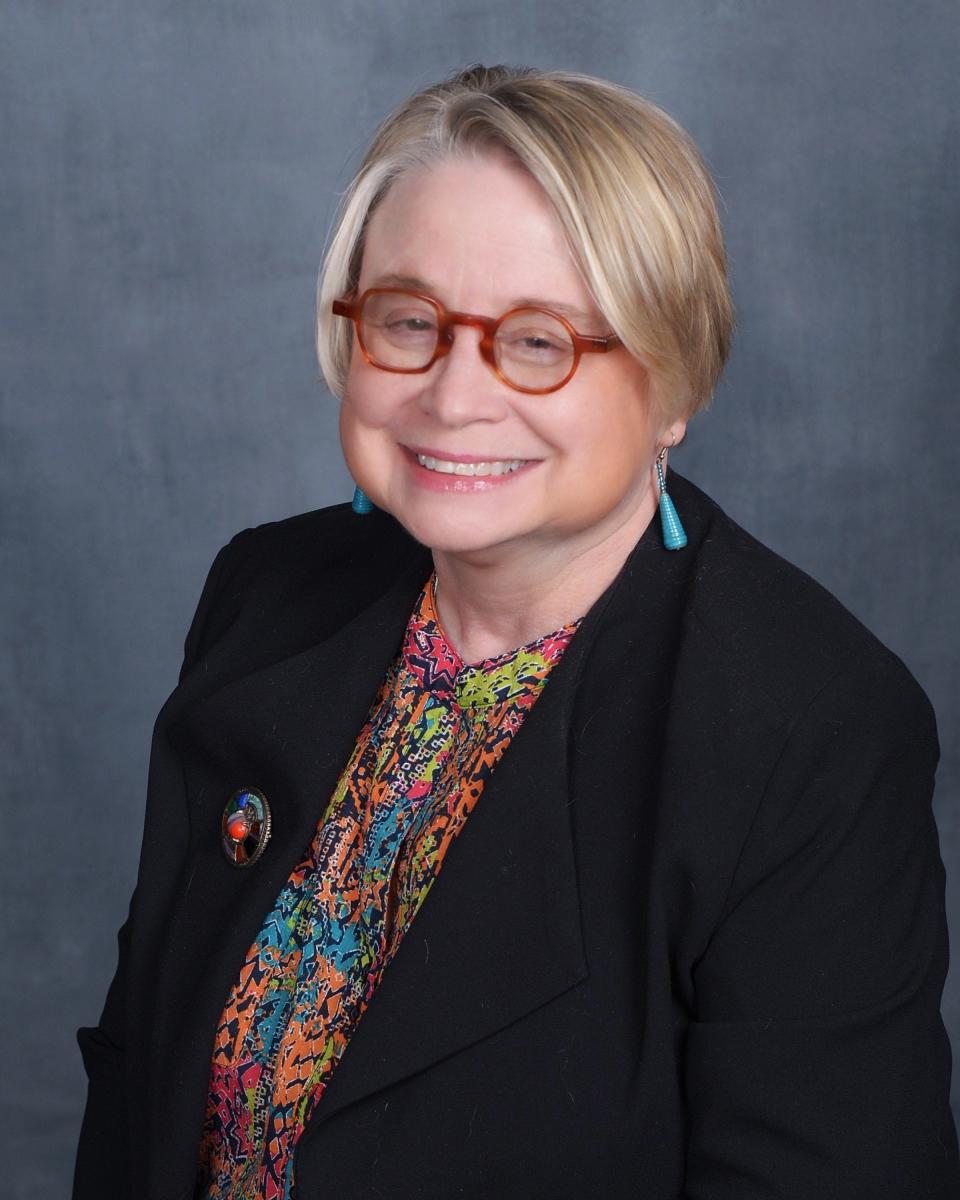Opinion: My love letter and tribute to Rekha Basu
I don’t know if this is a tribute or a love letter to Rekha, or both.
Rekha Basu and I may have first talked at length when she sat in my living room, learning forward and listening intently to a woman who had been sexually assaulted by her counselor and minister, becoming a pariah in her community. The woman, sitting stiffly in her business suit, trying to keep a professional demeanor, shared how her life had unraveled. She felt believed by Rekha, who questioned her gently about her experience. She went on to talk to every single legislator, eventually helping to codify a crime of sexual exploitation by counselors.
Or we may have first talked at length when she wrote about my adoption of my son, Nico. He was 7?, from New York City, had big brown eyes, uncontained energy and anxiety. His first mother, Debbie, had end-stage AIDS, was frail and fierce, determined to find a home for her son. We told Rekha about our journey through two states’ bureaucracies, past a social worker uncertain about lesbian adoption, past an attorney who pulled me to a corner discussion, worried about transracial adoption. I told Rekha about Debbie’s AIDS-raspy angry voice as she informed the attorney that she had talked to other parents, and chosen me, chosen me to remove her son from the dangers of a New York City adoption system. And we talked about her decision, as a mom with AIDS, to bring her beautiful boy into the world.
More:After 30 years, opinion columnist Rekha Basu says goodbye to the Des Moines Register
Nico was intrigued by meeting Rekha, another New Yorker, and wondered if she too was puzzled by a such a small city, and also wondered where all the people had gone? He is 36, works for DART, and always asks if I’ve seen Rekha lately.
When I adopted my second child as an infant, Rekha told me she bought bathtub toys. A busy columnist and mother, she told me about bathtub toys until Eliyzha was 7. She seemed to know that children who were adopted were not always celebrated, and that bathtub toys, even left in a closet, were meaningful.
Survivors of sexual assault continued to contact me, and they wanted to talk to Rekha. Survivors of sexual assault as children, survivors assaulted on campuses, groups of survivors assaulted in churches, by well-known people in small towns, all wanting to talk to someone they could trust. I told them that Rekha could be trusted; she might ask hard questions, but she would always respect their perspective and any requested confidentiality. I never had anyone come back and report a painful discussion — not always true of other journalists. I persuaded Rekha to attend a training at the Poynter Institute, designed for journalists to improve coverage of sexual assault. We were presented with a week of intense vocabulary, ethical dilemmas — Could a parent out their child who had been sexually assaulted? Should journalists contact survivors? — every day. All sexual assault, all day. I heard stories constantly, but for journalists to be steeped in sexual assault stories for a week had to be difficult for the intellect and soul. Rekha, as usual, listened intently, asked questions, using her innate curiosity to improve her reporting and connection to survivors.
Rekha knew when connection was meaningful, even outside her role as a columnist. My third child is from India and has albinism. Her light skin and blond hair mean that she is not usually seen as Indian. She came here at 6? years old, proud of her Indian heritage, but not always able to connect to other Indians. Rekha invited us over, including times her mother was in town, and I watched Nisha relax into the familiar.
We shared a journey to challenge our own assumptions. Were all those who committed sexual harm the same? Should they all be incarcerated? Is that what all survivors of sexual assault want? Rekha called with her concerns, wondering if long-held beliefs were always accurate. I shared other stories, from survivors who might not want to be public about their beliefs that the criminal legal system is not always the answer. Rekha and I did not always agree but we share a shift in thinking, and a shift in beliefs about survivors. We’ve had ongoing conversations about harms unintentionally created as we try to hold people accountable.
Rekha and I shared another journey, that of losing our spouses. When my wife was diagnosed with gastric cancer, a few years after Rekha lost Rob, I called to ask her how one moves forward. How do you share what you know will be a short journey tinged by grief? Rekha told me about how she and Rob had gone to places he loved and soaked in beauty. My wife and I took a trip to Colorado, where she could be the geologist she might have been, among mountains that would long survive us. We agreed not to talk about kids or cancer, and embrace the time left to us.
Our most recent discussion about losing our spouses was about how one moves on, or not. How do 67-year-olds find new partners? For all the knowledge stored in Rekha’s head, she didn’t know how 67-year-old lesbians find new love in Des Moines. I don’t really expect her to know everything.
Love letter or tribute, I am grateful for all Rekha brought to all the survivors I have known, and to me. She will be so missed.

Beth Barnhill is executive director of the Iowa Coalition Against Sexual Assault.
This article originally appeared on Des Moines Register: Opinion: My love letter and tribute to the retiring Rekha Basu
